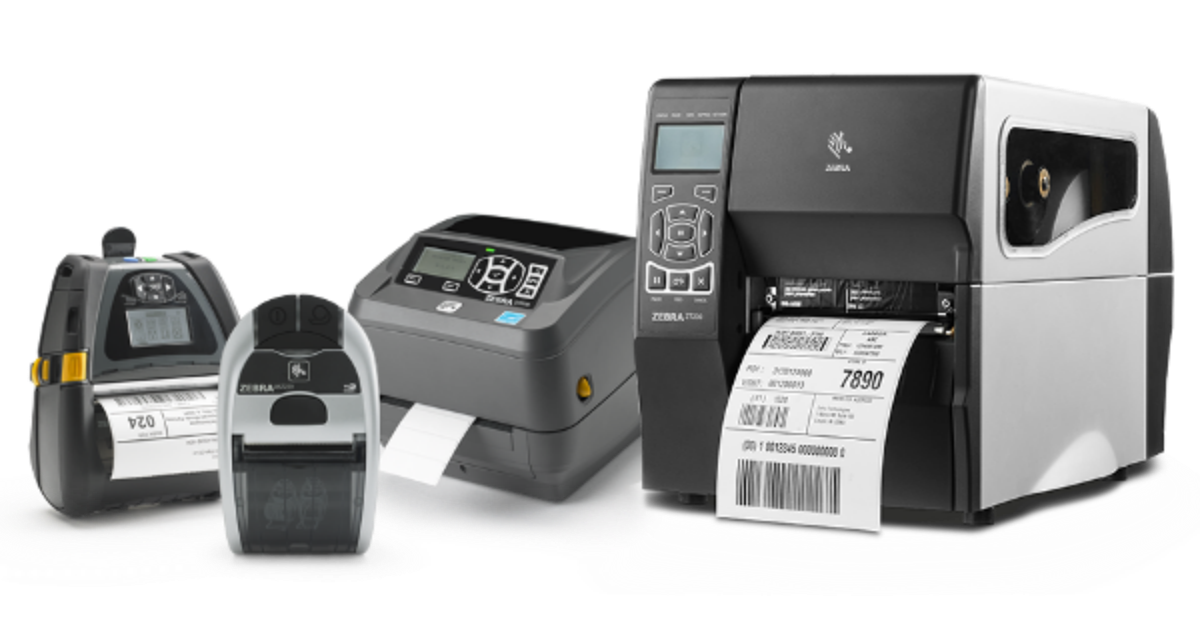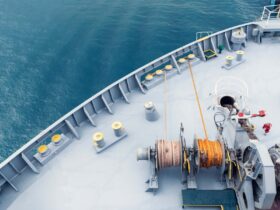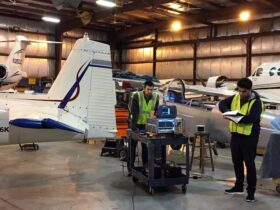Industrial barcode and label printers are designed for heavy-duty operations, particularly in warehouses, factories, and distribution centres. They have big media capacity and are capable of printing at higher resolutions to make labels of any size. If you are buying TSC industrial barcode printers, here are things you need to keep in mind:
Speed of Deployment
Using printers designed to simplify setup allows you to save time. Your industrial printer must easily connect with mobile devices. It must provide a setup application to guide you as you configure the printer without special, technical know-how.
Ease of Use
This feature can mean less downtime and frustration. Find industrial printers that use colour-coded touchpoints and have diagrams inside. With these, a novice can successfully load the ribbon or media.
Remember that components like media sensors and printhead pressure toggles must be made to simplify operation. Ask also if there are videos or support to help you resolve errors.
Device Management
Industrial printers that can be monitored online can be remotely upgraded, saving you time. Also, remote access provides you with immediate insight into the performance of the printers, ensuring greater uptime.
Remember about the cloud. Ensure your industrial printer provides an encrypted, cloud connection. Such a feature makes sure the printer can securely connect to cloud-based applications for greater convenience.
Dependability and Support
Find an industrial printer that is made to withstand heat, cold, dust, dirt, and moisture. Also, think about service and support. Look for a printer with a big, global support organisation. Over time, your printer can have a technical issue that you don’t want to handle on your own. As industrial printers generate a high volume of output, some of their parts will soon need replacement including the platen rollers and printheads.
Ideally, you must buy printers with parts that can be replaced without requiring certain tools or those that make the replacement process straightforward.
Flexibility
As technology evolves, your printing needs also evolve. These days, barcode labels are popular. In the future, RFID might be a must. Thus, you should invest in an industrial printer designed to adapt. This printer must let you add new capabilities easily. Look for printers with slots, so you can add new communication parts. Also, get printers that have media handling options that you can install in the field.
Built-in Security
The increase in the number of connected devices leads to an increase in entry points into infrastructures. This also applies to printers, which makes security paramount. To protect your system, use printers that provide deep built-in security layers.









